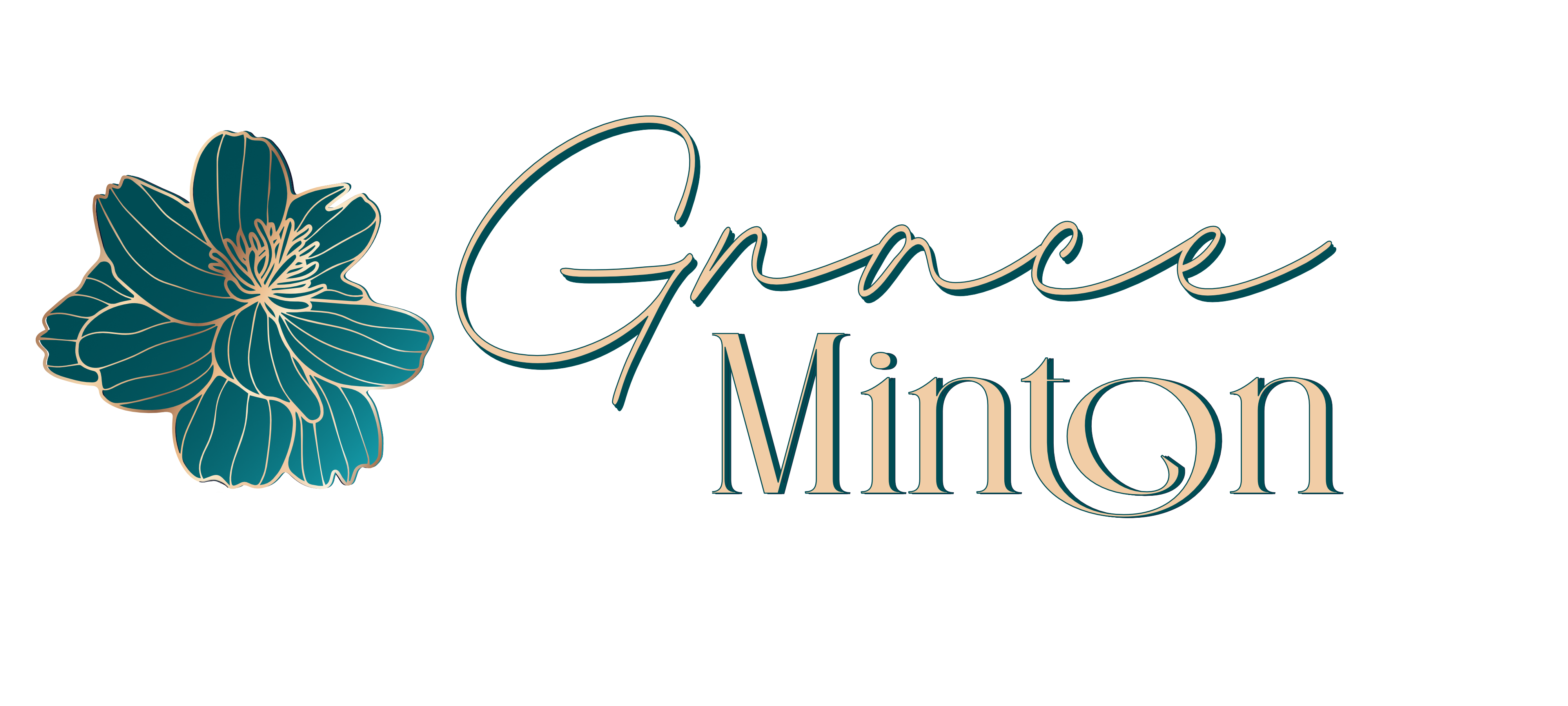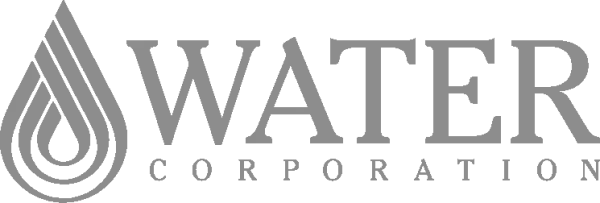
Organisational Development,
Behaviour Change & Unconscious Bias Research
Driving measurable organisational and cultural change through evidence-informed practice, applied research, and strategic partnerships.
Welcome
My work focuses on moving beyond awareness-based approaches to unconscious bias, toward interventions that support leaders and organisations to achieve real, measurable change in behaviour, culture and decision-making.
Through a combination of organisational development, behavioural science and applied research, I explore how people can become their best selves as leaders — no longer unconsciously influenced by thoughts, emotions and assumptions that they themselves recognise as originating in bias.
I support organisations and leaders to understand and address unconscious bias at both the individual and systemic levels, designing interventions that create sustainable shifts in everyday micro-behaviours and organisational outcomes.
If you are seeking research insight, a speaker, or collaboration on the next phase of problem solving unconscious bias, you’re in the right place.
What is unconscious bias?
Unconscious bias refers to patterns of association and evaluation that operate outside of conscious awareness, influencing how we perceive, interpret, and respond to others. These patterns are not a personal failing, but a predictable outcome of social conditioning, cultural narratives, and repeated exposure to stereotypes over time.
Unconscious bias shapes decisions even when individuals consciously endorse fairness, equity, and merit-based judgement - particularly in complex, high-stakes contexts such as recruitment, promotion, and leadership assessment.
How is unconscious bias measured?
One of the most widely used research tools for examining unconscious bias is the Implicit Association Test (IAT). The IAT measures the strength of automatic associations between social groups (such as gender, race, or disability) and evaluative concepts (such as competence or leadership), based on reaction-time data rather than self-report.
Decades of research using the IAT demonstrate a consistent gap between people’s stated values and their automatic responses - highlighting why awareness alone is rarely sufficient to change behaviour.
At the same time, the IAT is not a diagnostic tool, nor a measure of individual character. Its value lies in revealing patterned bias at scale, and in helping us understand how deeply cultural conditioning shapes perception - in ways that contradict our conscious intentions and beliefs.
About My Research
My postgraduate research investigated the impact of coaching-based interventions on unconscious bias in real-world contexts. The study combined quantitative trend analysis with qualitative evidence to explore how individuals shift automatic associations, emotional responses and everyday behaviours that perpetuate inequality.
Key Insights:
Quantitative trend effects — participants demonstrated substantial change in measured associations relative to control conditions
Qualitative transformation — individuals reported meaningful shifts in thinking patterns, emotional responses and micro-behaviours that influence leadership and decision making
An academic article outlining the research findings is currently in preparation for peer-review publication.
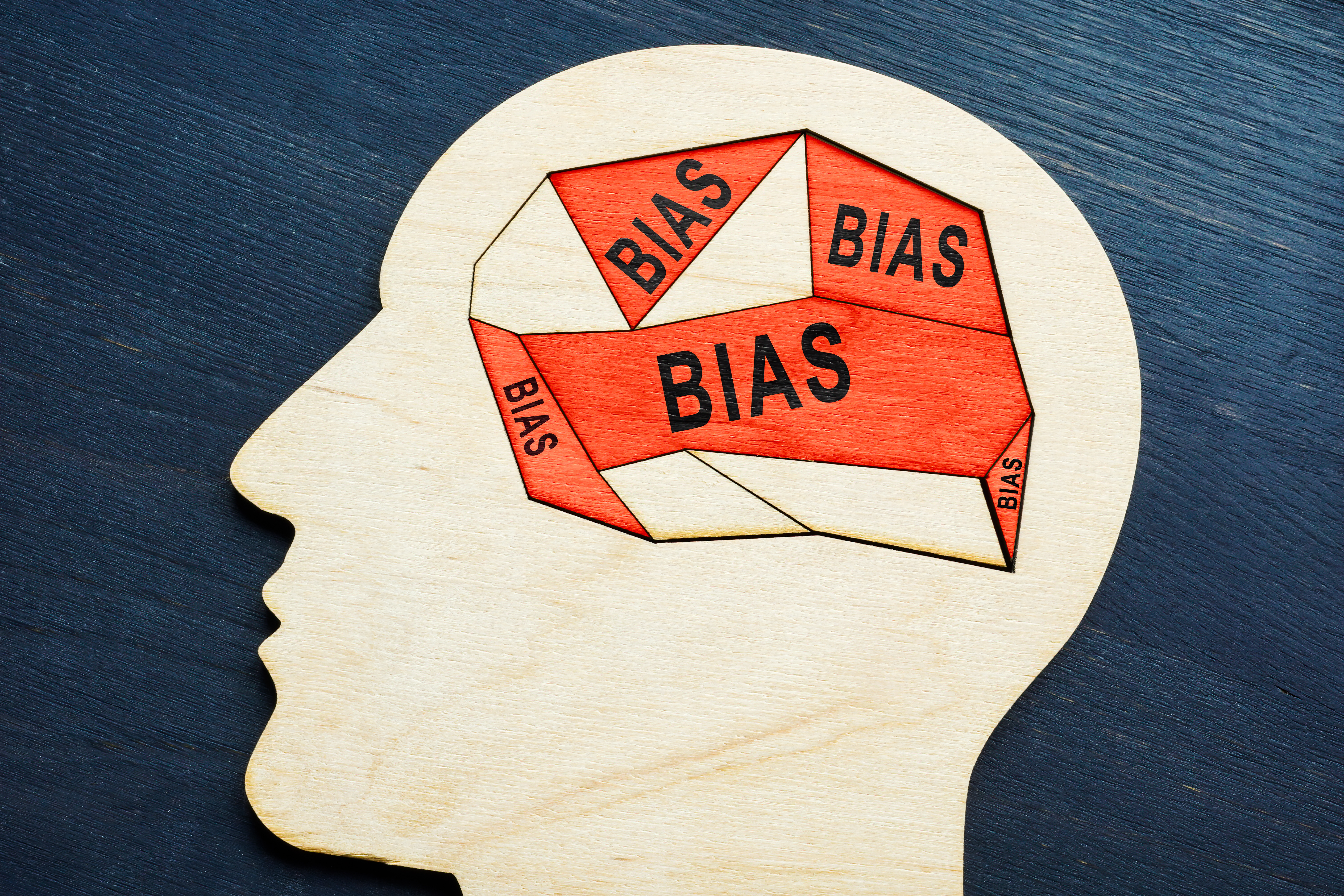
The Next Steps
Individual Level Change

If you would like to hear about the book as it becomes available, you are invited to connect with me via email.
I am currently writing a book focused on the personal development dimension of changing unconscious bias.
You Are Not Your Bias is a message of hope for people who recognise that unconscious bias exists within us all, shaped by the cultures and contexts in which we were raised. It is written for people who are genuinely curious about how bias shows up in their own thinking and behaviour, and whether meaningful change is possible.
The book explores how real change begins on the “inside”—supporting individuals to recognise and transform the thoughts, emotional responses, and habitual patterns that unconsciously shape behaviour.
Importantly, the book also explores a phenomenon consistently evidenced in studies using the Implicit Association Test (IAT), but rarely discussed or examined in depth: that members of marginalised or minority groups often test as biased against their own group. I refer to this as internalised bias—the internal adoption of dominant cultural stereotypes as truths about ourselves.
To illustrate the difference between bias and internalised bias in an organisational context: while blind recruitment processes can remove identifying characteristics such as gender from applications—and reduce the influence of unconscious bias among selection panel members—they do not address patterns of self-selection. Research consistently shows that women, for example, are more likely to opt out of applying for roles unless they meet all selection criteria, reflecting a more self-critical interpretation of “merit” than their male counterparts. This is not a recruitment system problem alone.
Changing this requires an internal personal development process—freeing ourselves from internalised bias and the invisible constraints it places on confidence, aspiration, and perceived legitimacy.
System Level Change
While leaders have a particular responsibility to recognise and reduce the influence of unconscious bias, and individual coaching is far more effective than awareness-based education alone, coaching is not a complete solution within a complex organisational system.
Sustainable change is most likely when leadership coaching is used as one lever among several, alongside deliberate interventions in the systems where unconscious bias most powerfully reproduces inequality.
I am seeking to connect with potential research partners from organisations actively working to rebalance historical under-representation.
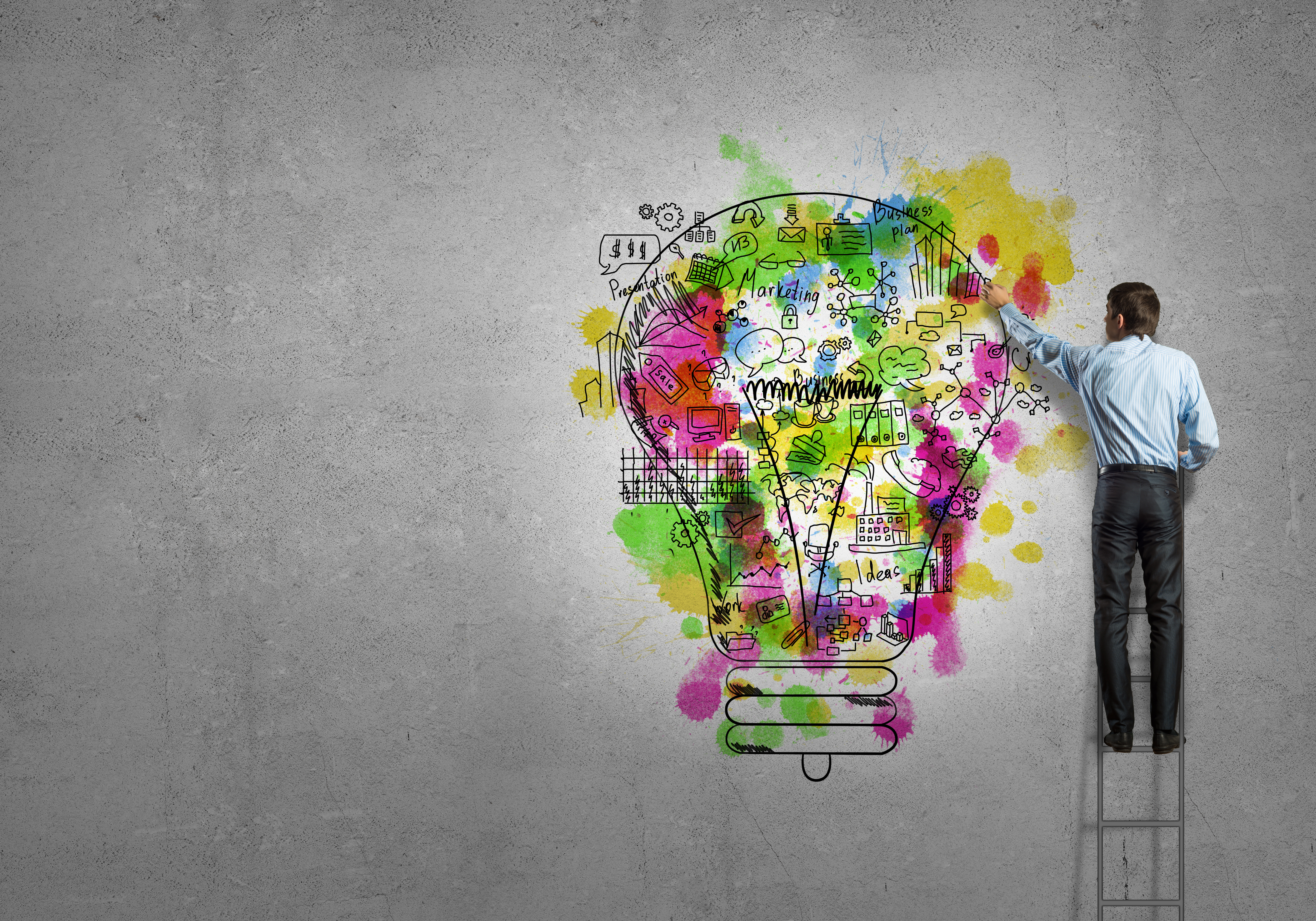
How Organisations Can Engage
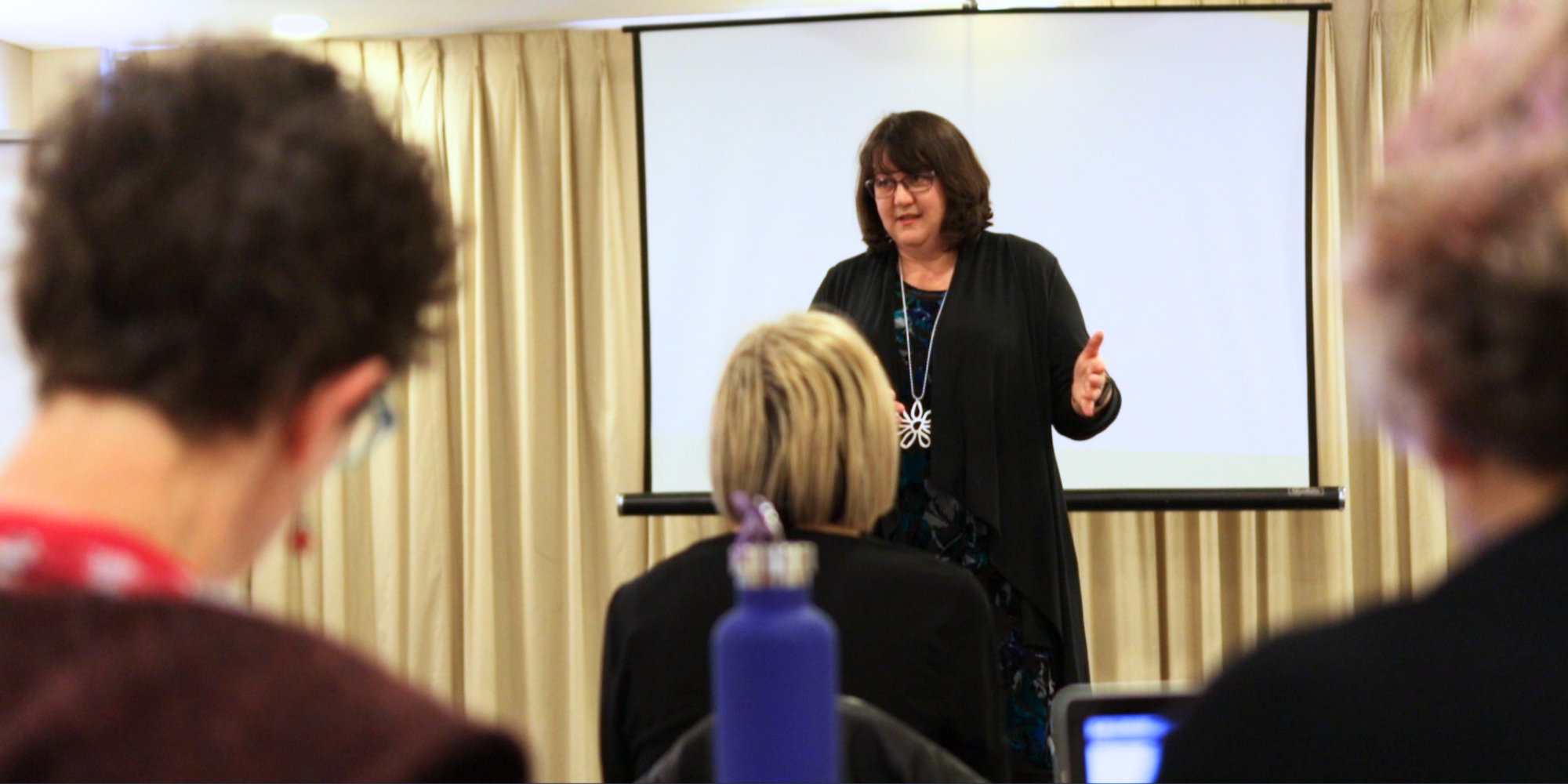
I welcome enquiries from:
• organisations seeking research partnerships
• conference and event organisers
• senior HR, OD and transformation leaders
• R&D funding bodies interested in scalable, measurable interventions
I am available to speak about my research at seminars and conference events
I welcome enquires from organisations exploring work-based research on transforming unconscious bias
This page contains early insights from my postgraduate research; full analysis is in preparation for peer-review publication.
Join me in moving beyond awareness about unconsious bias:
Occasional updates on research, the book and activities to move forward in problem-solving the root cause of the biggest social issues of our time
© 2025 Grace Minton and Associates Pty Ltd. All rights reserved.
